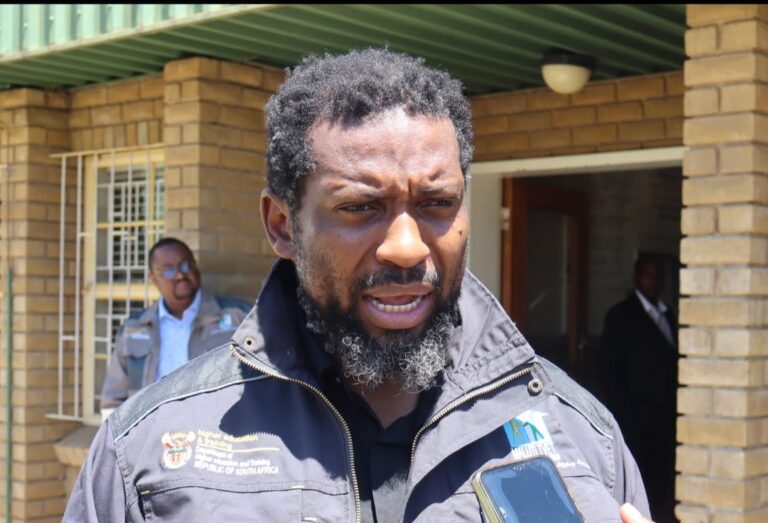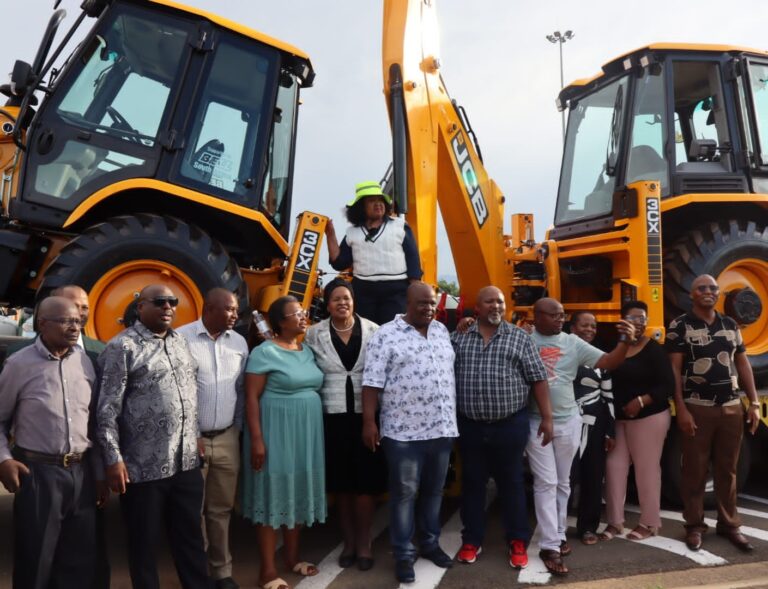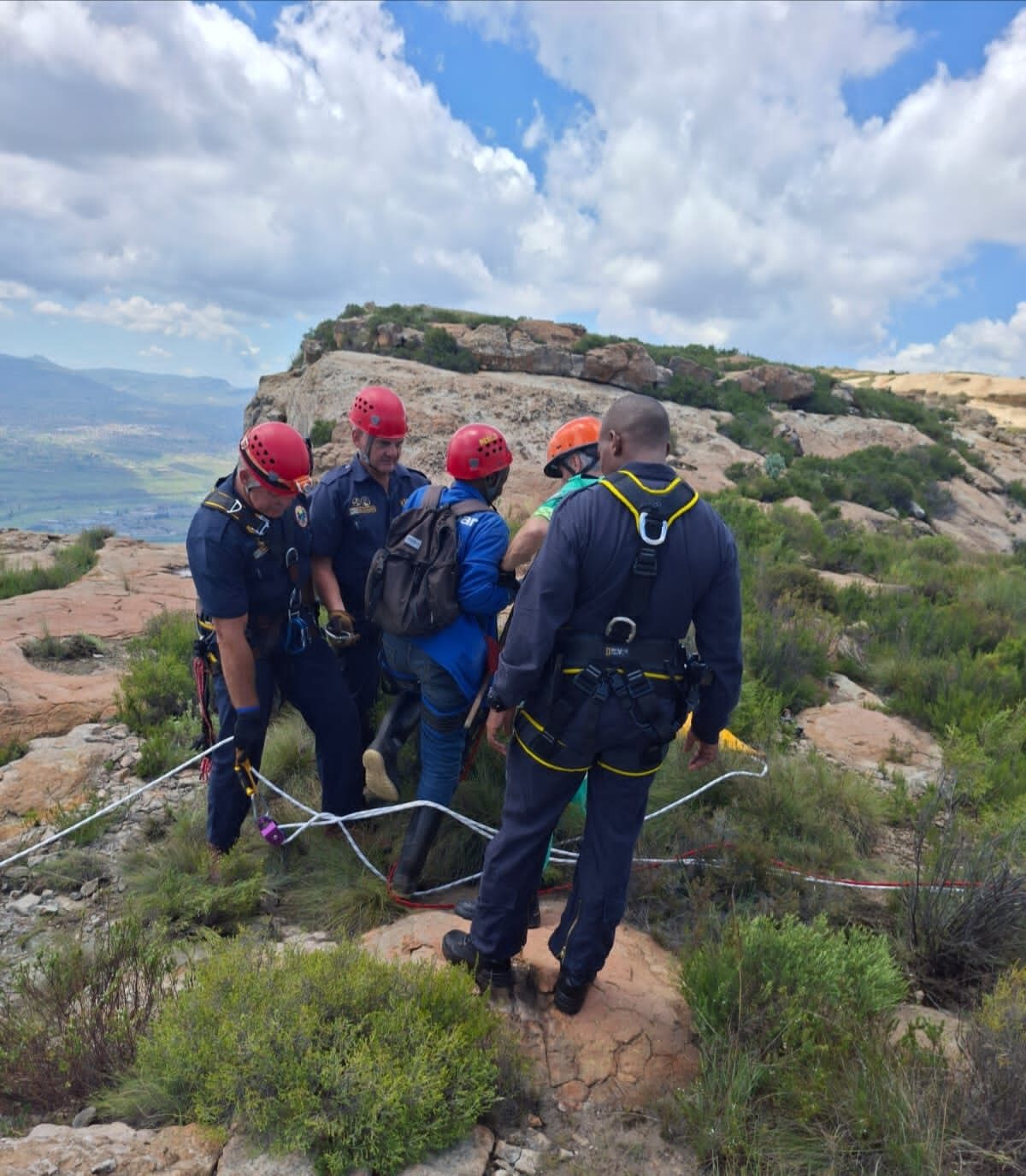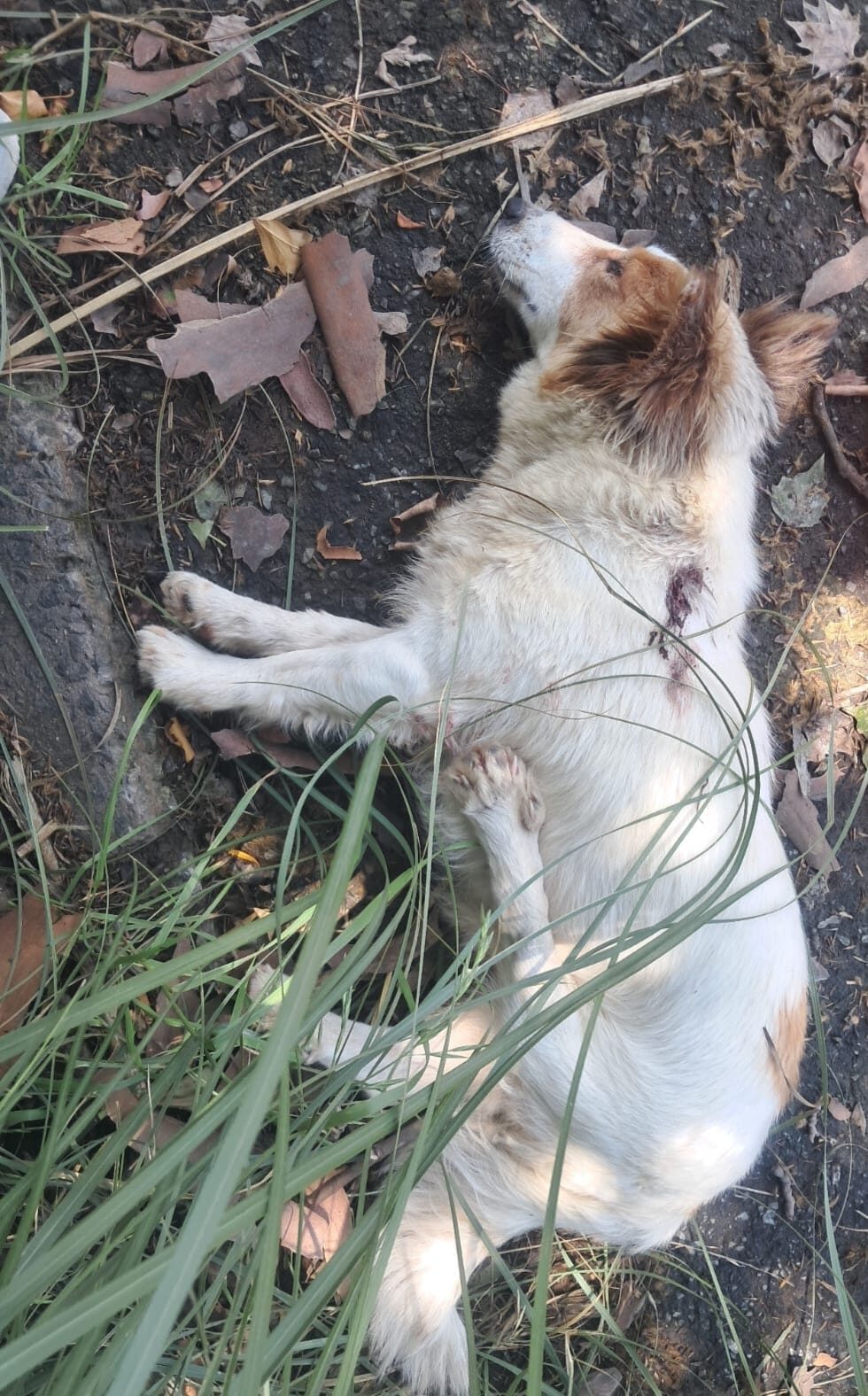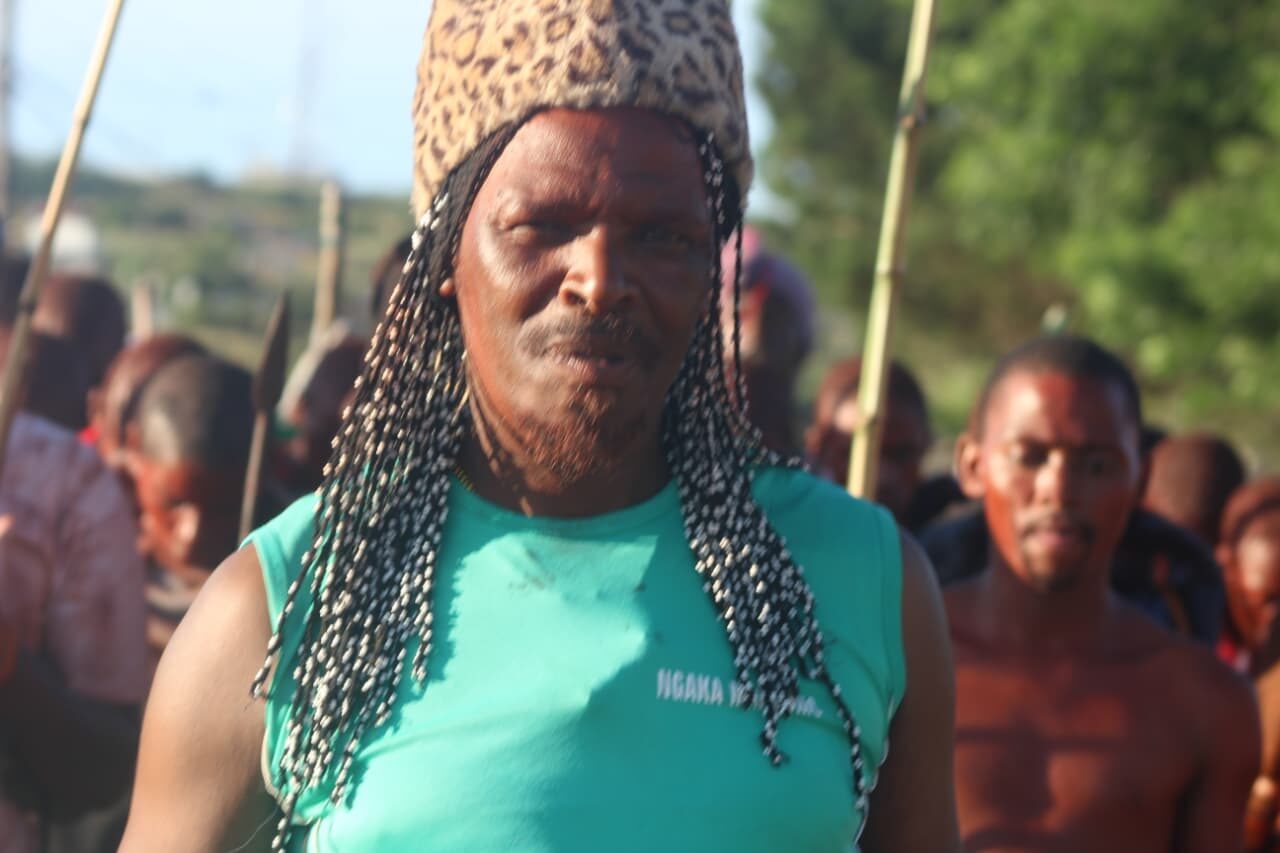By Emily Setona
QWAQWA – The high rate of Gender Based violence (GBV) cases reported at the Tskei police station has prompted the Commission for Gender Equality (CGE) to pay a visit to the community of Monontsha to educate people about this sensitive issue.
Addressing community members at Monontsha SASSA hall on 14 June, Police Constable Madillo Skosana who is the GBV coordinator at Tseki police station, shared a heartfelt message that emphasised to the community that most GBV cases are derailed by people who open the cases and not the police.
According to Skosana, when a case of domestic violence has been opened and a court date has been set, most of the people who open these cases end up not attending the court case. This leads to the case being thrown out of court, making it very difficult for the police to help victims because they go back to their toxic relationships and later blame them (police) for not doing their job when things turn violent again.
“As police, we face many challenges and one of them is that people don’t follow through with their court cases and this becomes very difficult for us as the SAPS because there is a perception in our communities that police don’t help when it comes to cases of GBV.
“Our police station has a GBV office that is a safe space for victims of domestic violence to come and report their incident and open a case. My challenge is that when the victim has to go to court to apply for a protection order, they suddenly come to me and ask to drop the charges because now the two parties have forgiven each other. What I have realised is that the court is very strict when it comes to GBV cases.
“The suspect is not given bail on the first sitting; the victim is asked if the court must grant them bail and if you are not there to attend the court case, the person is sent back to prison. So people must be very careful when they fight, and only come to open a case when they are sure that is what they truly want to do. When things backfire they want to blame us as the police when it is them who don’t follow through with their court cases,” Skosana said.
In an interview with The Guard, Moshoeshoe Mofokeng who is the chairperson of the Thabo Mofutsanyana Community Policing Forum (CPF) which works with 31 police stations, said: “The community needs to understand that the CPF is an umbrella that works with different stakeholders and is established under the South African Police Act of 1995 act 68, our main objective is to make sure that the SAPS gives the community proper services and we assist to make different government institutions to be held accountable to the people.

Constable Madillo Skosana GBV coordinator from Tseki police station addressing the community of Monontsha.
“I encourage such events to happen more frequently because our people are not well informed when it comes to how to handle cases of GBV. Some people who open cases of GBV do it while their emotions are high and then when they come back to their senses, they return to the police station and want to close the case. This is not how the legal system works and people need to be educated about this.”
For her part, Boitumelo Zwane who is a representative from the Commission for Gender Equality (CGE) said the justice system is like a relay race with different partners that work hand in hand. So the community must understand that when the police does not offer them the proper services when it comes to cases of GBV, they have the right to report their dissatisfaction to the CGE as a last resort.
Morena Libenyana Mopeli of Monontsha village was present to support his community.








